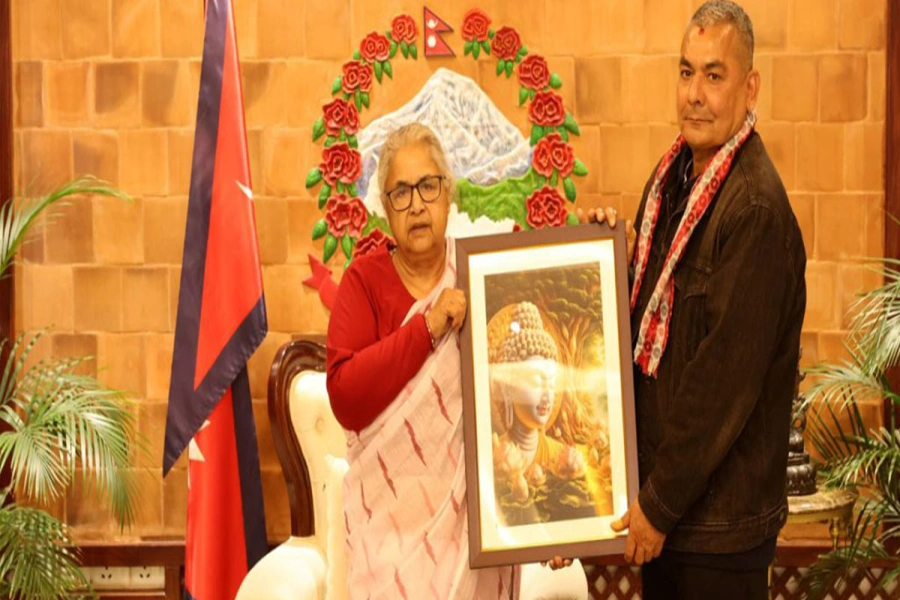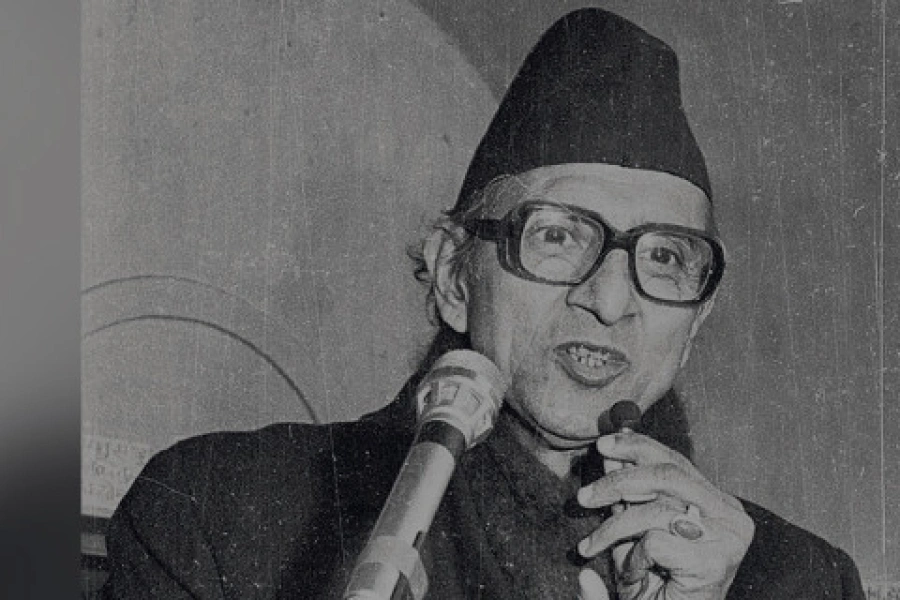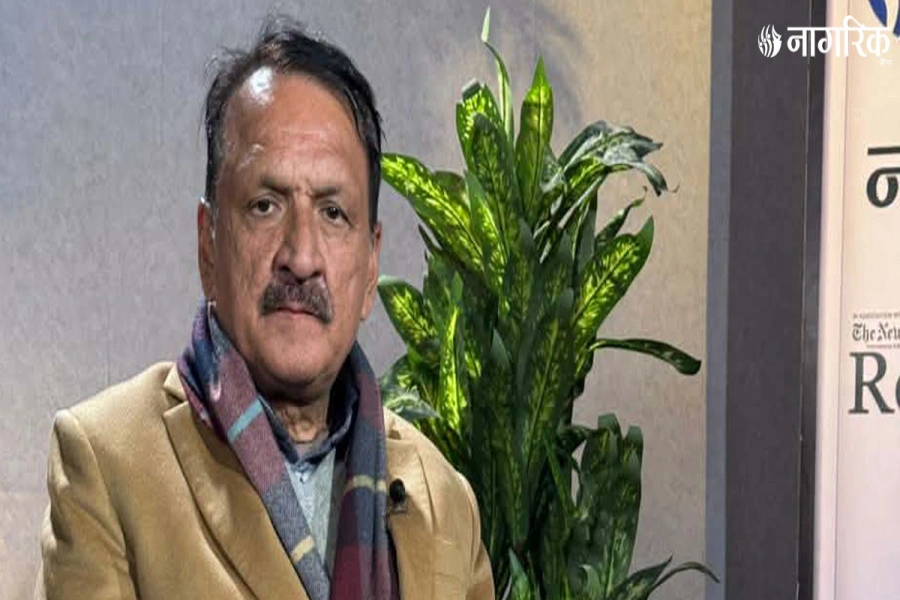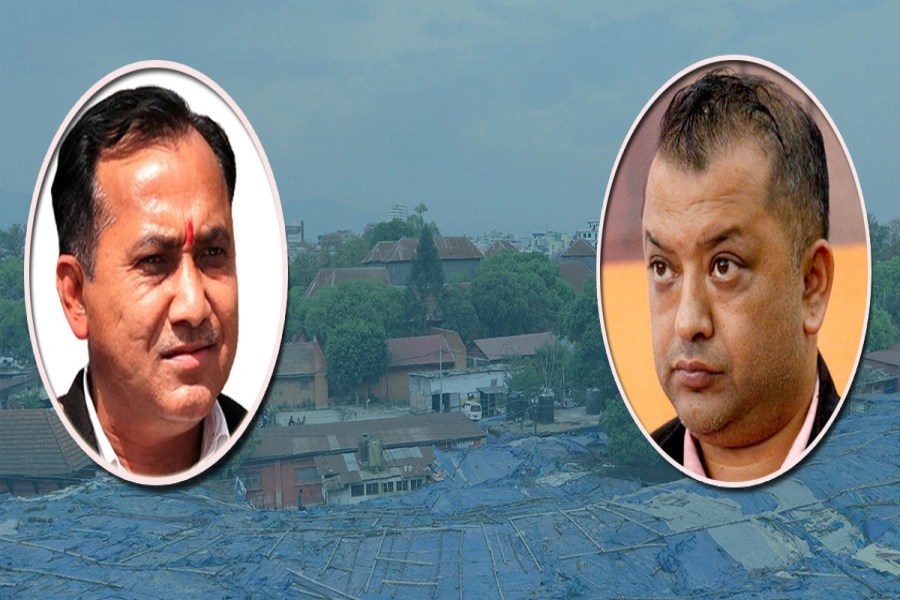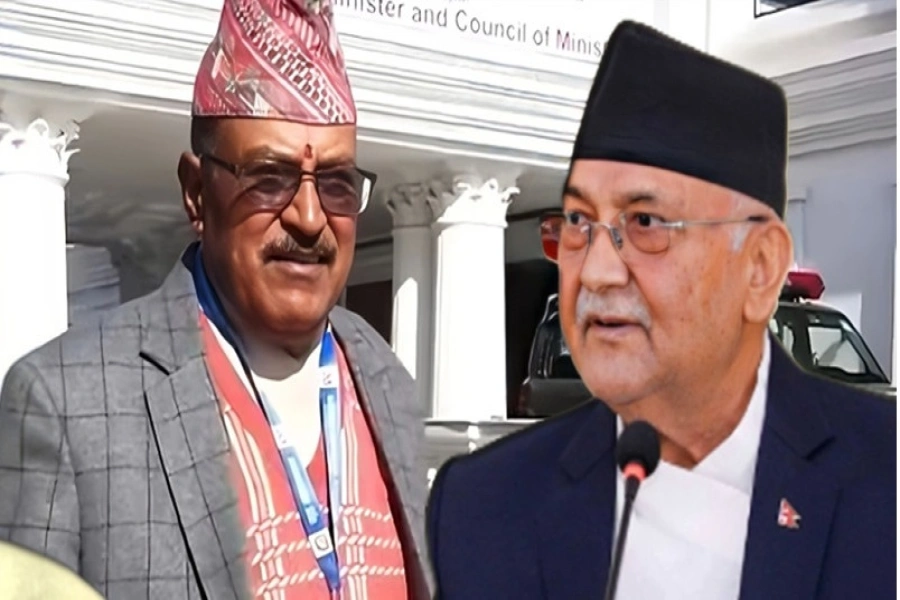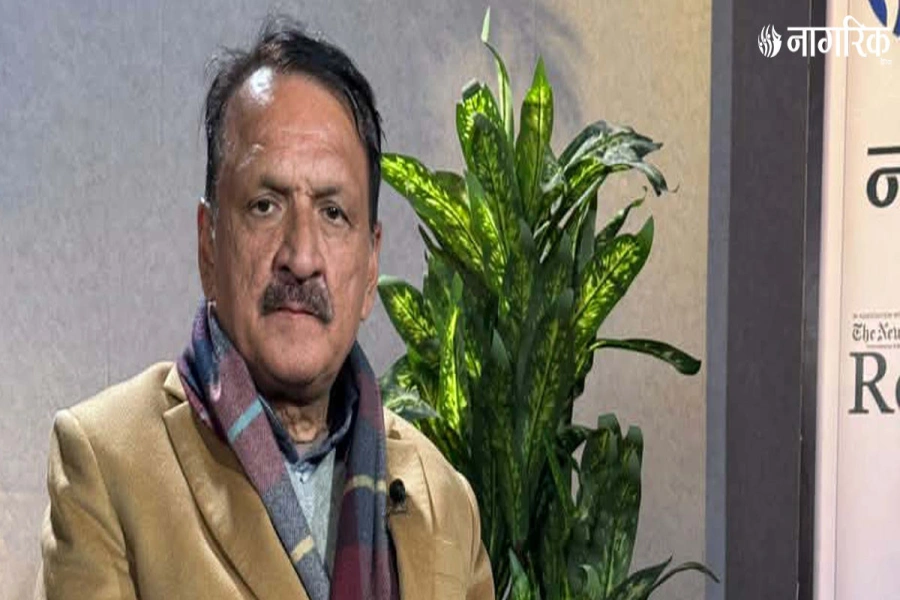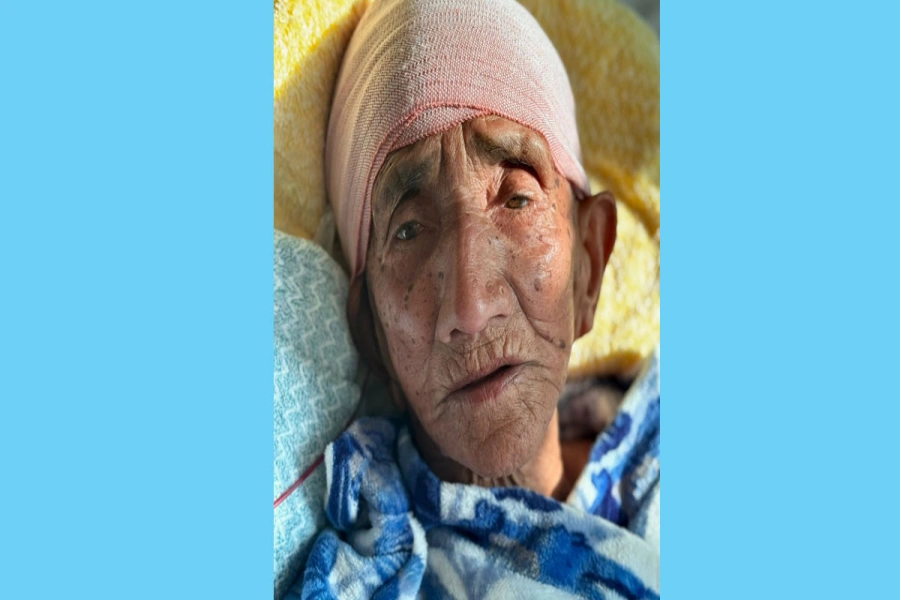Or so I say.
For all I know, I might have dreamt everything up sometime in my early childhood. It could be that whenever I try to recall ‘the scene’, I see myself on the beach in Madras because I know I was once there when I was three. Or maybe I just remember the ocean, and everything else, I added up, one small detail at a time every time I thought about the apparent event.[break]
Recent memory research suggests there is little or no resemblance between past reality and our memory of it. The older the memory, the more our imagination is likely to distort it. Andre Acimen, the Egyptian memoirist and author of the award-winning memoir Out of Egypt, writes about the “spectral realm of quantum mnemonics” in New York Times. In this realm “…there is no past; there are just versions of the past. Proving one version true settles absolutely nothing, because proving another is equally possible.”
Blessingsdivine.Com
In other words, whenever we recall an incident, our fertile imagination adds (or subtracts) something. If it’s a pleasant event, we are likely to further embellish. If it is unpleasant, it seems even more horrendous in retrospect. Even seemingly unimportant facts can be chopped and changed. It might have been a horse I saw on the beach, not a camel. Perhaps the image of the bobbing boat I import from a similar scene I witnessed decades later at Fewatal.
When it comes to recalling the past, memory is a poor guide. At a subconscious level, we all know about these not-so-subtle memory tricks. People tend to gush about their childhood, the halcyon days when they had absolutely nothing to worry about. But such a state of perpetual bliss is more fiction than fact. It takes little effort to recall the (real) pain of not ‘getting’ the ‘love of your life’, who just happened to be the first decent-looking girl who came your way. Or the absolute horror you experienced the day you went to school without completing the assignments of that brute of a maths teacher.
For children, these apparently inconsequential incidents are no less stressful than the adult’s concerns about mortgage and health. In fact, childhood can be harrowing as children don’t have the tools to cope with these stressful situations, which only come through experience.
Our past is colored by our present. Even fleeing moments of happiness can add to the sweetness of our pleasant memories. A bad mood in turn is likely to trigger a cascade of unhappy memories, only made worse by our negativity bias: bad memories are easier to recall than good ones.
I had very few pleasant memories from my childhood because I would almost always be sick—or because I chose to remember it that way. As I recalled it, when I didn’t have diarrhea, I would be down with fever. And even when I was ‘healthy’, I remembered being exhausted all the time: I could not play basketball for more than five minutes, or climb up Sundarijal without a break every two minutes. Whenever I thought of my childhood, I would feel sad. Very sad.
Not so much these days. Armed with the knowledge of the subtle tricks of our brains, I realize that on a whole, my childhood, like every other child’s, had its share of ups. Yes, it was demoralizing not to be able to be on court for more than five minutes, but oh boy!, did I feel good when I made a rare basket, shimmying, Jordan-like, around my better-built friends! The experience of making it to the top of Sundarijal after an exhausting climb would be no less exhilarating than conquering Everest.
These more memorable highs and lows aside, knowing that I am likely to ‘mis-remember’ makes me more sanguine about my past. My ‘sad’ childhood was so not sad after all. I had my moments, which I shall cherish for the rest of my life, in all their embellished glory. All the bad memories won’t go away, but I take comfort in the valuable lessons they taught me.
I do not for a moment believe that I can ever be happy all the time. I will continue to have bad days once a while, when I will tend to play up my past miseries. But the knowledge that this is just one version of the reality will help me keep things in perspective.
Which makes me wonder. What if I decide to write a memoir some day? How will I pick and choose from my treasure trove of memories? Or should I stick to ‘real’ fiction?
The writer is the op-ed editor at Republica.
biswas.baral@gmail.com
Nepal to receive 35 types of childhood cancer medicines free of...




